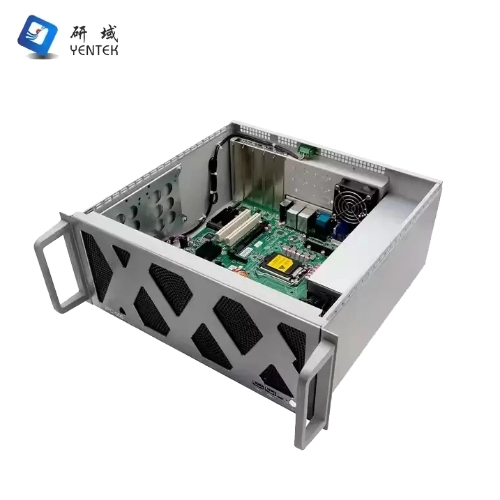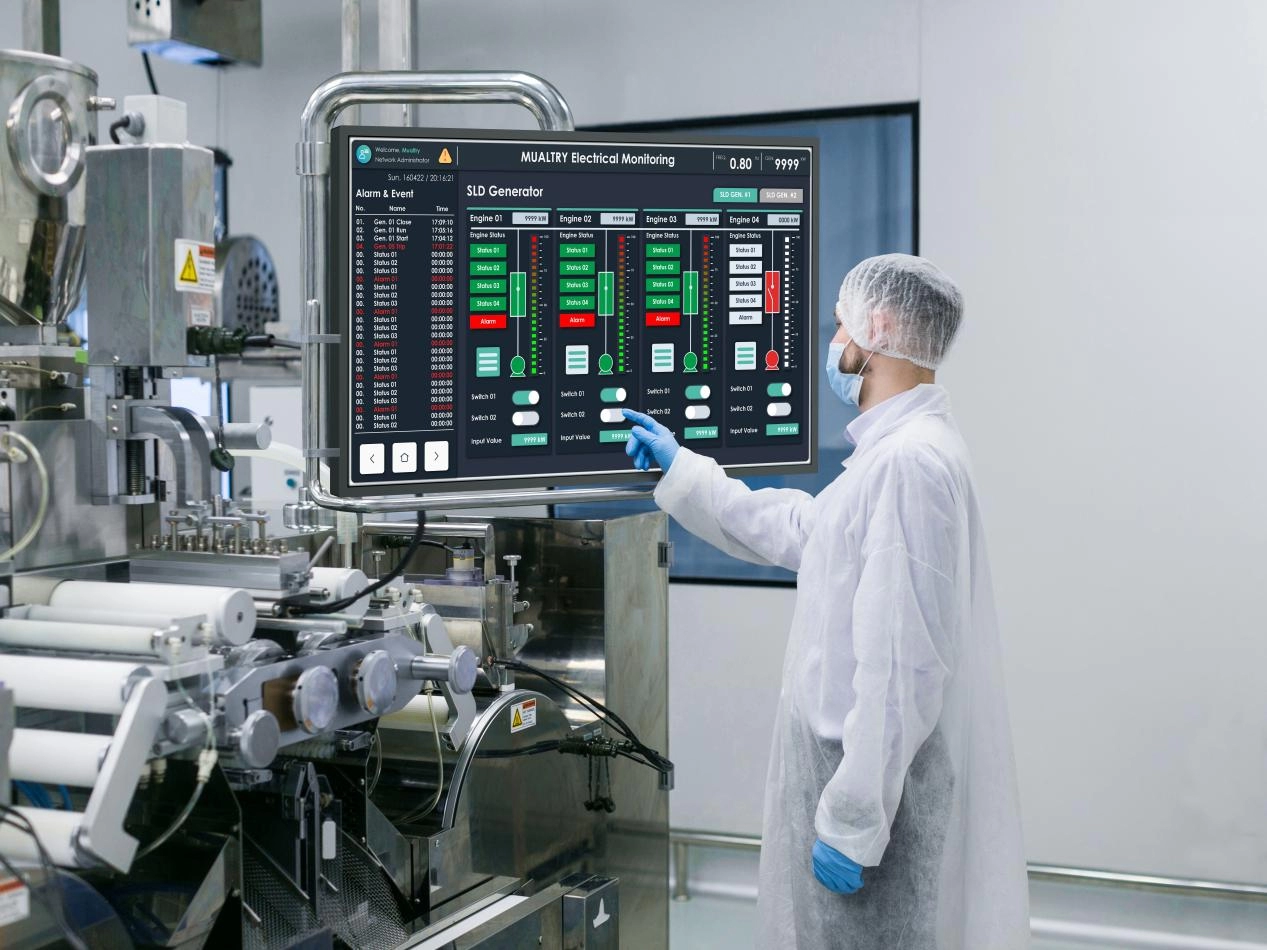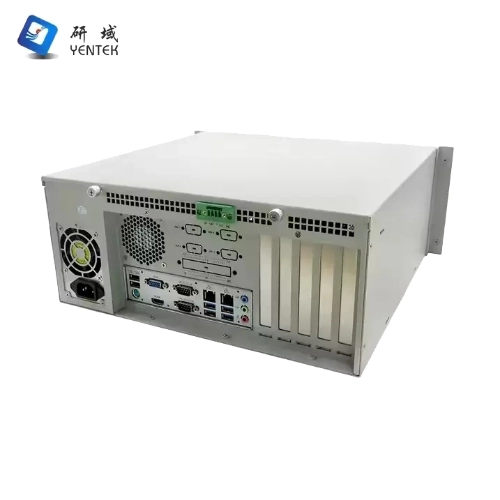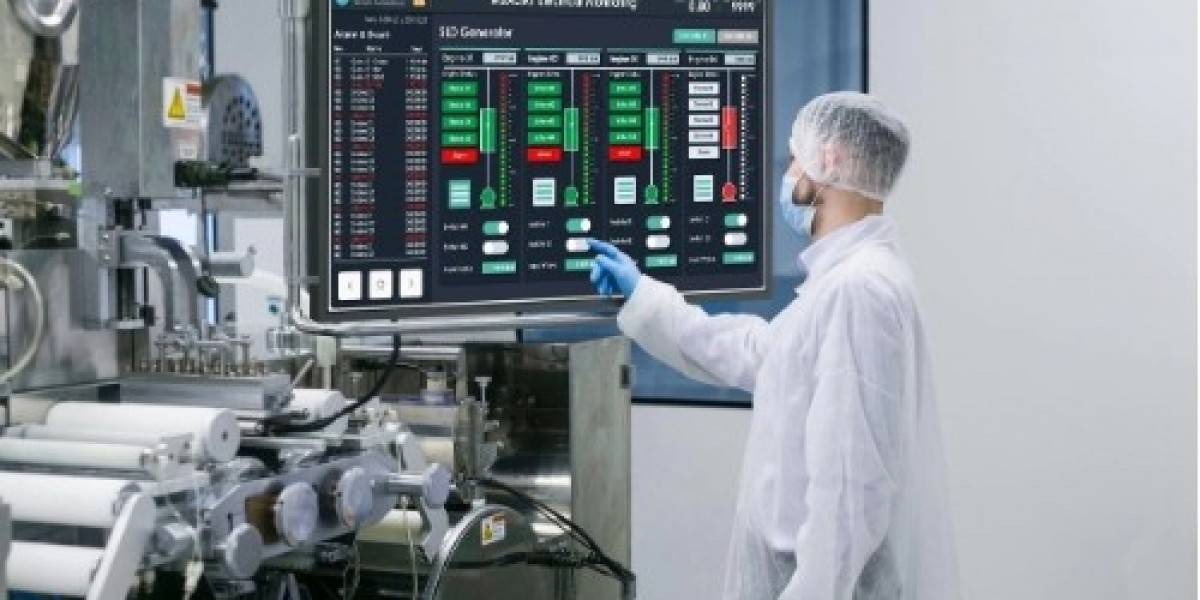The machine vision industry has witnessed significant advancements in recent years, thanks to the integration of industrial computers. These robust computing systems offer real-time processing capabilities and high-speed data handling, revolutionizing the way machine vision applications operate. In this article, we will explore the various ways in which industrial computers contribute to the growth and efficiency of the machine vision industry.
Real-time Processing and High-speed Data Handling
Industrial computersare designed to handle complex algorithms and process large amounts of data in real-time. This capability is crucial for machine vision applications that require instant analysis and decision-making. By delivering rapid processing speeds, industrial computers enable machine vision systems to keep up with the fast-paced demands of modern manufacturing environments.

Seamless Connectivity
Industrial computers feature multiple ports for cameras and sensors, ensuring seamless connectivity within machine vision systems. These ports facilitate the integration of various imaging devices, allowing for comprehensive data collection and analysis. The ability to connect multiple cameras and sensors simultaneously enhances the accuracy and reliability of image analysis, enabling machine vision systems to detect defects, perform automated inspections, and ensure quality control.
Automated Inspection and Quality Control
Industrial computers play a vital role in automating inspection processes and ensuring consistent quality control. By leveraging their real-time processing capabilities, these computers enable machine vision systems to inspect products at high speeds, detecting defects and anomalies with precision. This automation reduces the need for manual inspection, saving time and improving overall efficiency in manufacturing environments.

Defect Detection and Analysis
Industrial computers empower machine vision systems to identify and analyze defects in real-time. By processing high-resolution images and utilizing advanced algorithms, these computers can detect even the smallest imperfections in products. This level of accuracy is crucial for industries such as automotive, electronics, and pharmaceuticals, where product quality and safety are paramount.
Precision and Efficiency
The integration of industrial computers in machine vision systems enhances precision and efficiency in manufacturing processes. With their powerful processing capabilities, these computers can quickly analyze vast amounts of data, enabling faster decision-making and reducing production errors. This increased precision and efficiency lead to improved product quality, reduced waste, and enhanced customer satisfaction.

Conclusion
Industrial computers have become indispensable tools in the machine vision industry, revolutionizing the way automated inspection, quality control, and defect detection are performed. With their real-time processing capabilities, seamless connectivity, and ability to handle high-speed data, industrial computers have significantly enhanced precision and efficiency in modern manufacturing environments. As technology continues to advance, the role of industrial computers in the machine vision industry will only become more critical, driving innovation and further improving the quality of products.
The Importance of Industrial PC in Industrial Control Systems








